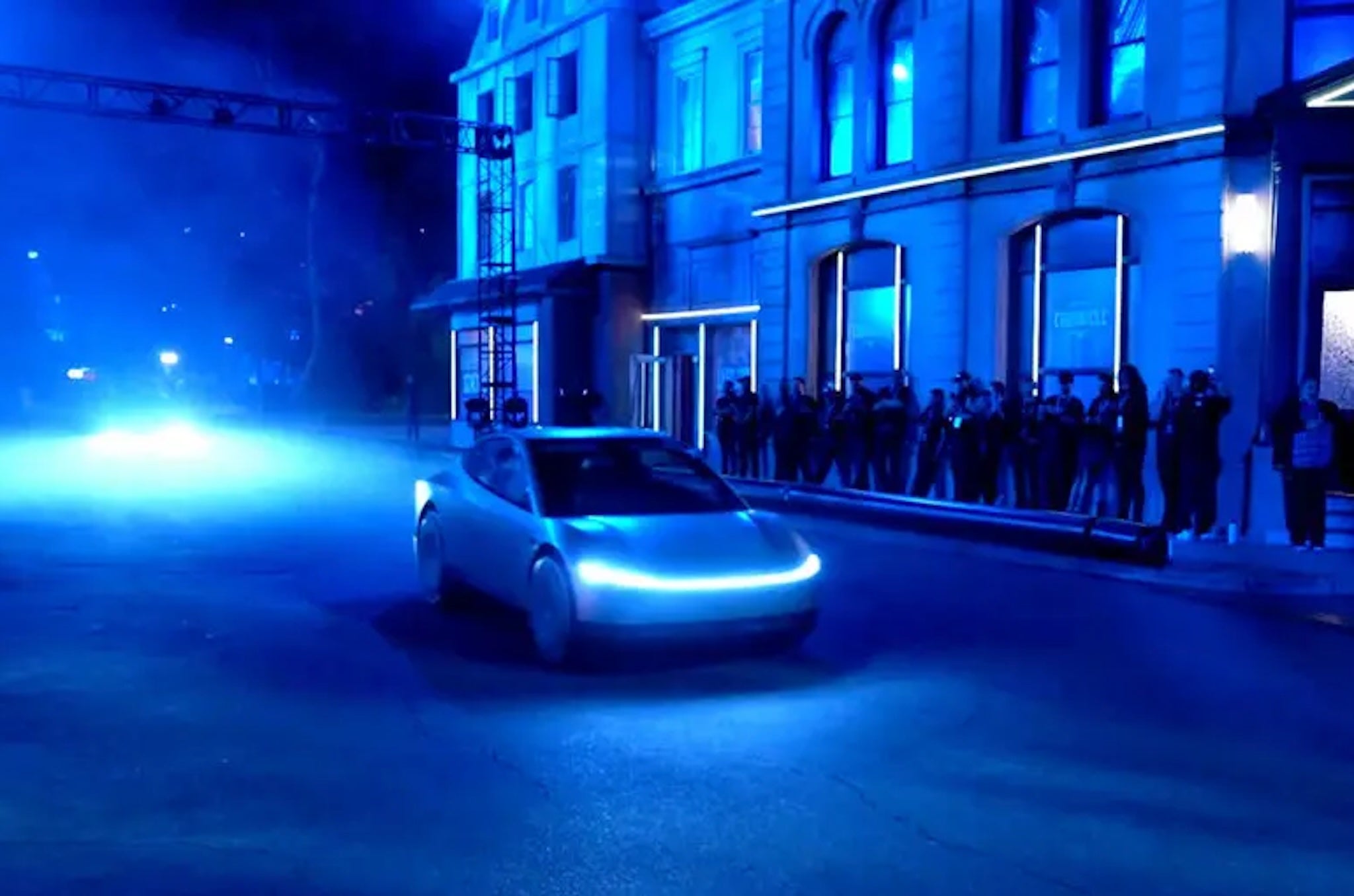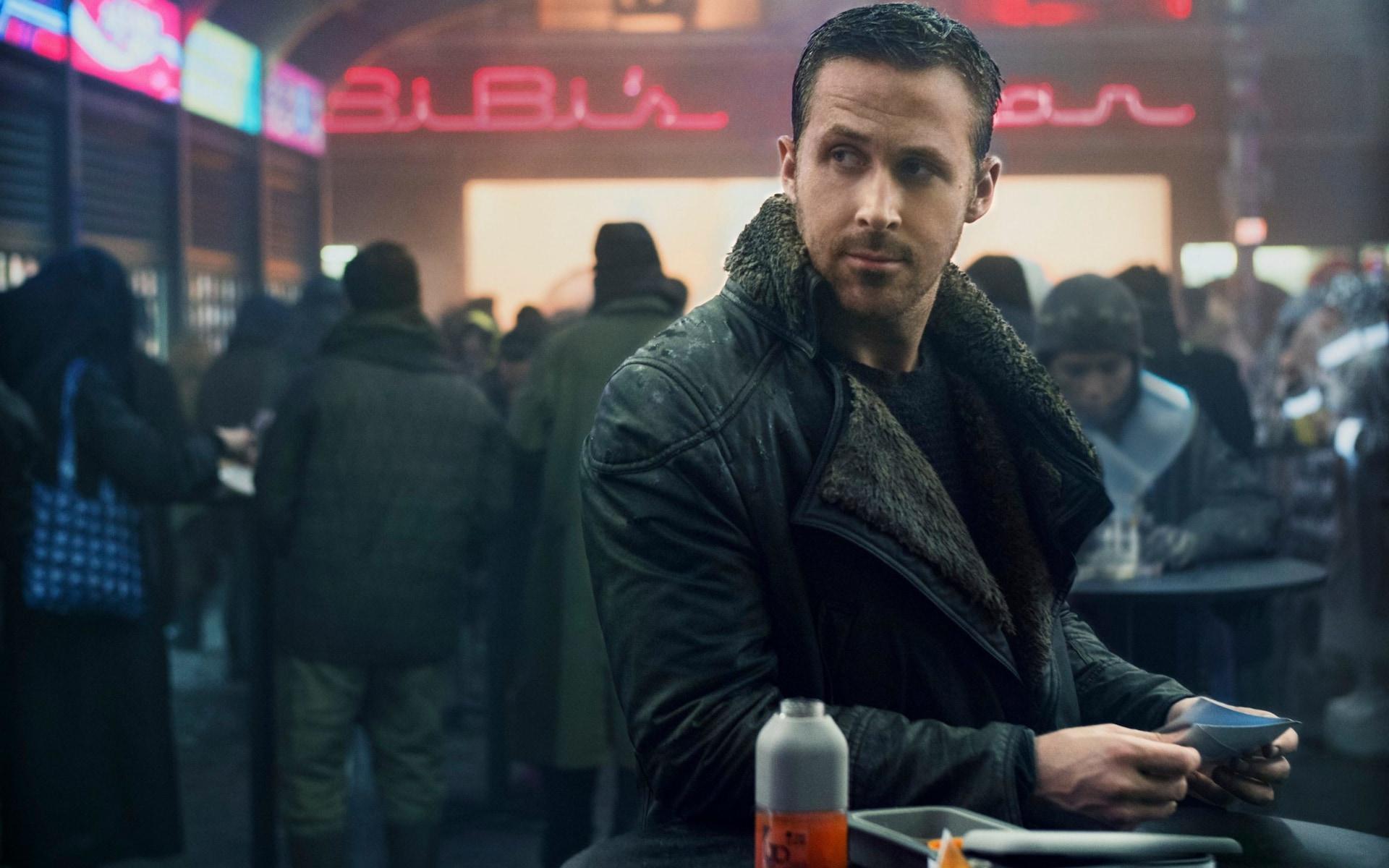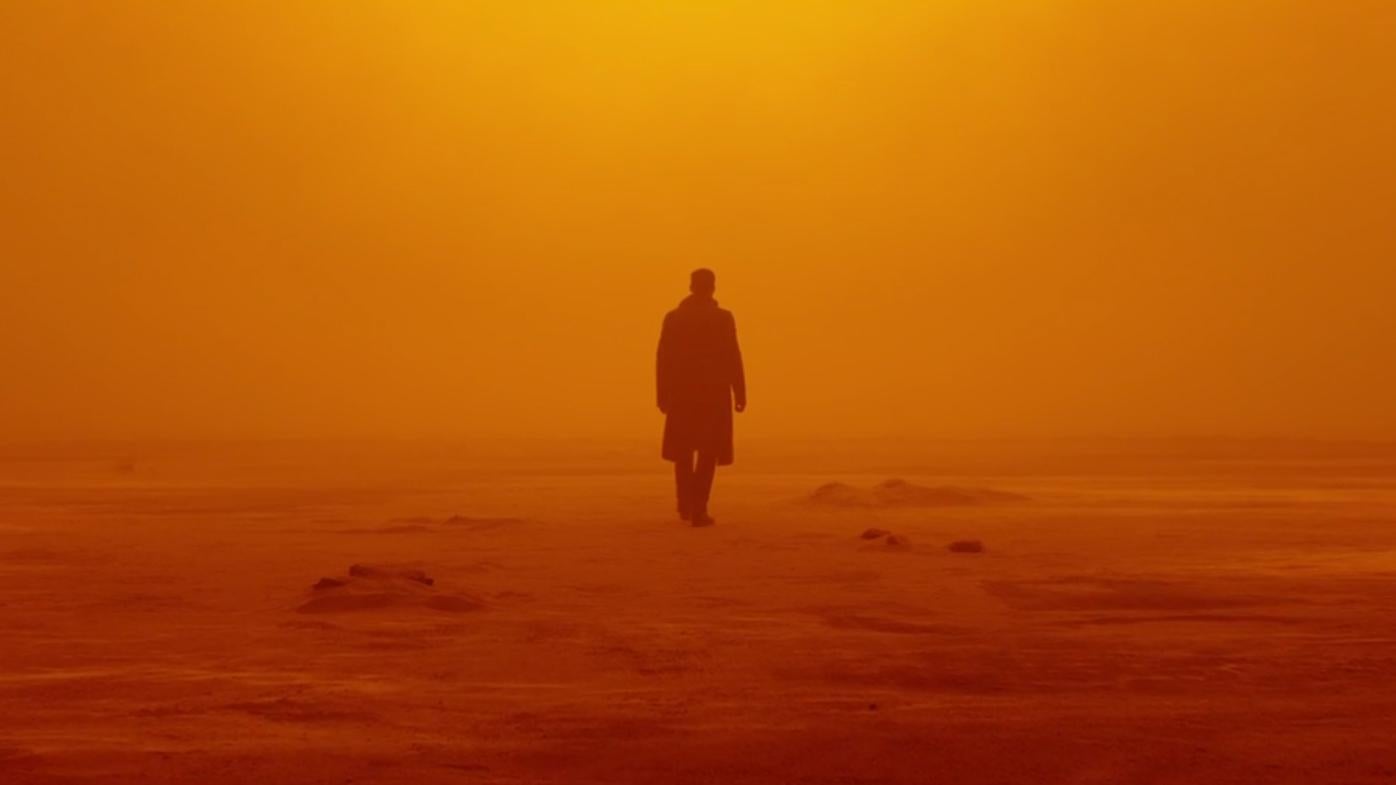Tesla has been sued by the production company behind Blade Runner 2049.
Elon Musk’s automotive and clean energy company is accused of feeding images from the sci-fi film into an artificial intelligence image generator to create unlicensed promotional materials.
Released in 2017, the sci-fi film stars Harrison Ford and Ryan Gosling living in a post-apocalyptic America. The film prominently features a fully autonomous, AI-operated car.
In a lawsuit filed on Monday (21 October) in California federal court, Alcon Entertainment alleged that Musk, 53, and the vehicle company illegally misappropriated imagery from the film to promote Tesla’s new “robotaxi”.
The complaint, which brings claims for copyright infringement and false enforcement, also claims that Alcon had denied a request by Musk and the companies to use the imagery as part of a promotional event held on 10 October.
“He did it anyway,” the suit states.
At the live-streamed presentation earlier this month, Musk showcased “AI-created images mirroring scenes from Blade Runner 2049, including one featuring a Ryan Gosling lookalike”, according to Alcon.
At the presentation, Musk showed an image of a male figure wearing a trench coat looking over the dystopian ruins of a city beneath an orange light. Superimposed on to the sky are the words “Not This”.

This image, said Alcon, “clearly intended to read visually” as an actual still from Denis Villeneuve’s film, in which Gosling’s character surveys the ruins of Las Vegas.
The production company claims that the image was created by inputting images from the film into an AI image generator, clearly flouting the company’s denial of licensing rights.
Musk went on to reference the movie in his speech. “You know, I love Blade Runner, but I don’t know if we want that future,” he said. “I believe we want that duster he’s wearing, but not the, uh, not the bleak apocalypse.”
The lawsuit called the use of AI in this way “a bad-faith and intentionally malicious gambit” to make the robotaxi event “more attractive to a global audience and to misappropriate the Blade Runner 2049 brand to help sell Teslas”.
Warner Bros Discovery is also named in the complaint for allegedly facilitating the partnership. WBD was Alcon’s domestic distributor for the release of the film.

It goes on to cite an agreement for Warners to lease or licence studio lot space, access, and other materials to Tesla for the event. The details of the agreement, however, are not known to Alcon.
The production company claims that the deal included promotional elements allowing Tesla to affiliate its products with Warner Bros Discovery movies.
“All of the Defendants participated in its creation, and in its display in the presentation at the event, from a WBDI-owned building and studio lot, on WBDI-owned video screens and otherwise using WBDI-owned technology infrastructure, operated by or in conjunction with Tesla employees, all acting in whole or in part subject to the direction and control of Musk,” the complaint states.
The producer said it does not want Blade Runner 2049 to be affiliated with Musk due to his “extreme political and social views”.
Alscon also pointed to ongoing efforts with automotive brands for partnerships on a forthcoming Amazon TV series Blade Runner 2099, stating they did not want this to derail those talks.

The Independent has contacted representatives for Musk, Warner Bros Discovery, and Tesla for comment.
As described by Alcon, the incident calls to mind a similar dispute involving Scarlett Johansson and the AI start-up OpenAI.
Earlier this year, the company used a voice called “Sky” bearing a striking resemblance to the actor’s days after she had declined their request to licence her voice for it.
After being called out by the Marvel star, who said she had hired a lawyer, OpenAI denied that it had deliberately intended to copy her voice – but also pulled “Sky” as a voice option.







